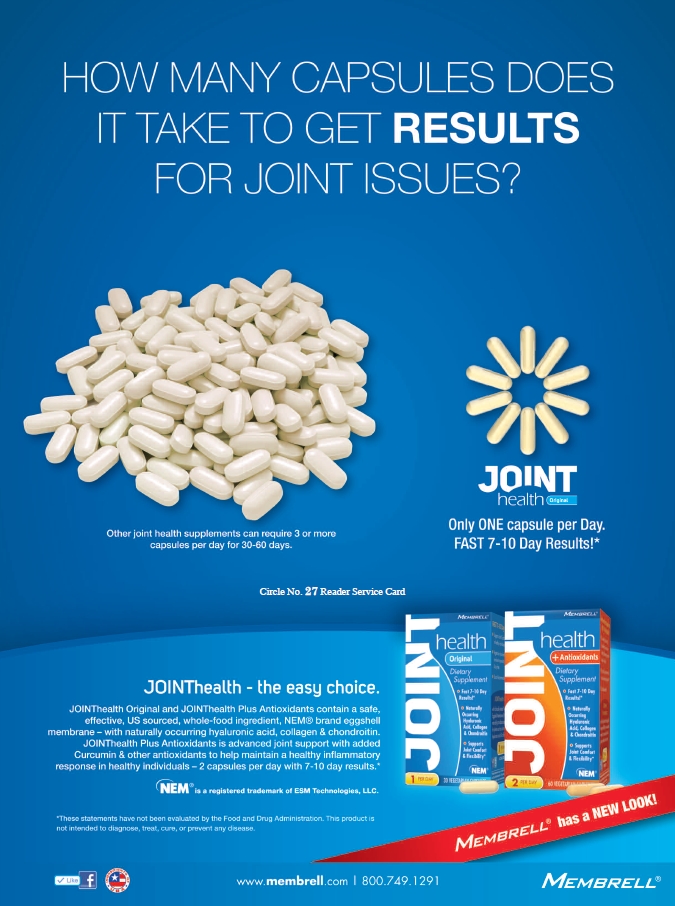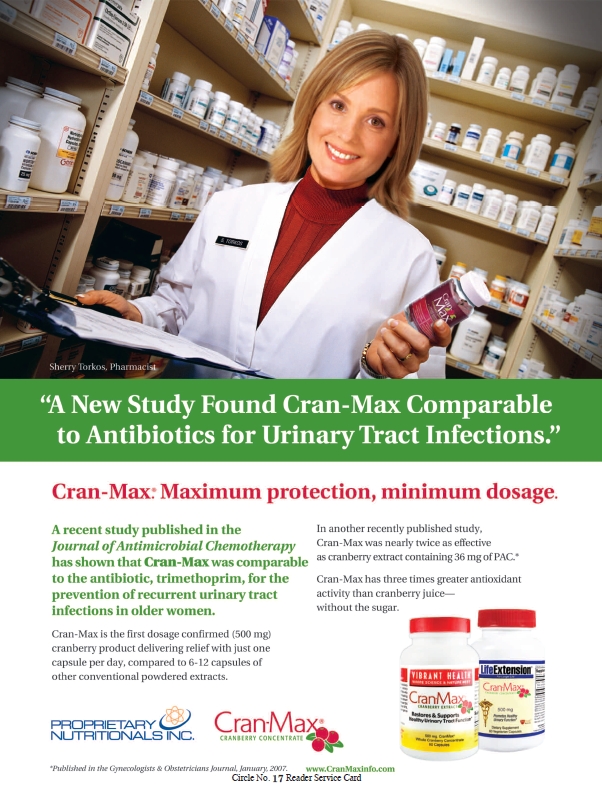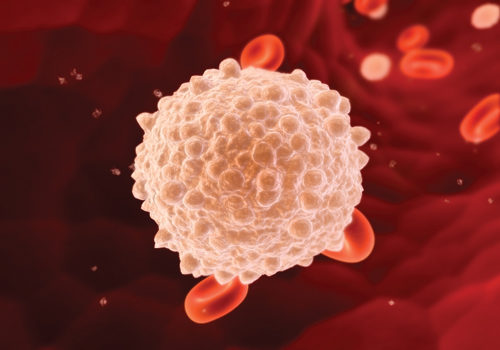Inflammation is the way your body responds to a problem. Whether battling an infection or cancer, or healing from a bone fracture, the body needs to deliver powerful immune and repair cells to the impaired location through the bloodstream to fight and fix the problem.
Inflammation is really designed to be an acute process that gets in and out quickly. The longer the immune and repair cells stay in a location, the greater the chance they’ll actually cause damage to surrounding healthy cells and tissues.
Chronic inflammation, simply put, is acute inflammation that did not resolve properly. The result is damage and disease.
This is why we call chronic inflammation the common denominator of all age-related disorders.
Inflammation Wreaks Havoc on Your Blood Vessels
All tissues and organs are very susceptible to inflammatory damage. But this is especially true for your heart and blood vessels.
Chronic inflammation can damage the heart’s muscle cells, the heart valves and the inside lining of arteries called the endothelium. This can result in the progression of plaque build-up, high blood pressure, an irregular heartbeat, murmurs and even congestive heart failure.
muscle cells, the heart valves and the inside lining of arteries called the endothelium. This can result in the progression of plaque build-up, high blood pressure, an irregular heartbeat, murmurs and even congestive heart failure.
Chronic inflammation can be detected through blood tests. One of the most common of these factors—C-reactive protein (CRP)—is also a risk factor for heart disease. Inflammation and heart disease risk are characterized by a high CRP blood level.
Two studies published in the New England Journal of Medicine validate the role that C-reactive protein plays in increasing cardiovascular disease risk (1, 2).
The findings show that people who attained the lowest levels of C-reactive protein had significantly reduced rates of heart attack. The studies also showed that reducing CRP levels alone cuts heart attack risk and slows the progression of atherosclerosis. For this reason, the researchers recommend testing CRP and lowering it if necessary.
What You Eat Influences Chronic Inflammation
One of the best ways to control inflammation is to watch what you eat. Some foods, namely animal proteins, can actually boost inflammation. Why? Because they contain a chemical compound called arachidonic acid.
Arachidonic acid is the precursor to inflammatory signaling proteins like leukotrienes and cytokines. When these signals are released into your bloodstream, inflammation increases and tissue damage can occur.
Additionally, eating too much saturated fat or simple sugars and syrups can increase C-reactive protein. Avoiding saturated fat and simple sugars and eating more greens, fruits and whole grains can help to keep CRP levels low.
One study showed a 39% decrease in CRP levels after only eight weeks of consuming a diet low in saturated fat and high in fiber. The study participants also saw reductions in their LDL, total cholesterol, body weight and arterial stiffness (3).
What are the Best Anti-Inflammatory Nutrients?
As shoppers make an effort to eat healthier, they should consider supplementing with boswellia extract. Boswellia is a medicinal tree from the Middle East that produces a bitter sap containing a compound called AKBA.
 This compound can inhibit a powerful inflammatory enzyme called 5–LOX. This is important because this one enzyme is implicated in about one million deaths (4) in the United States from conditions like Alzheimer’s disease (5), heart disease (6) and stroke (7).
This compound can inhibit a powerful inflammatory enzyme called 5–LOX. This is important because this one enzyme is implicated in about one million deaths (4) in the United States from conditions like Alzheimer’s disease (5), heart disease (6) and stroke (7).
If shoppers decide to supplement with a boswellia extract, be sure to help them pick one that contains 20% active AKBA.
Supplementing with the omega-3 fats EPA and DHA is another wise choice. You probably have heard that omega-3 fats decrease inflammation. But what you may not know is that when they’re combined with olive fruit extract, the effects are actually better than with omega-3s alone (8).
Another ingredient to look for in a high-quality omega-3 product is sesame lignans. Lignans help prevent the oxidation of the fats, especially DHA, thereby extending the product’s shelf life (9).
And don’t forget about curcumin, from the Indian spice turmeric. It actually inhibits an even more powerful inflammatory protein called nuclear factor-kappa B (NF-kappaB) (10).
NF-kappaB acts like a switch to turn on genes that produce the body’s inflammatory responses that can end up damaging the cardiovascular system.
The Next Generation Anti-Inflammatory Nutrients
Easing inflammation isn’t just good for the heart; it’s a healthy thing to do for the entire body. Researchers are now targeting specific inflammatory proteins, also called cytokines or interleukins, to lower inflammation.
Acting as messengers within the immune system, cytokines can increase blood flow to a specific area of the body, activate white blood cells and begin tissue repair processes—all of which are a part of the inflammation pathway.
Inhibiting the production of cytokines can have anti-inflammatory effects. Chinese mung beans, for instance, provide anti-inflammatory benefits by inhibiting the release of HMGB1, a cytokine protein that regulates the inflammatory response.
The Feinstein Institute for Medical Research conducted a study published in Evidence-Based Complementary and Alternative Medicine and explained how inflammation—a natural immune response to infection—can get out of hand and cause sepsis.
The researchers used mung bean extract to limit  the immune response and decrease the risk of sepsis from infections in animal models. The result supports mung bean extract as a powerful anti-
the immune response and decrease the risk of sepsis from infections in animal models. The result supports mung bean extract as a powerful anti-
inflammatory nutrient acting at the level of cytokine production and action.
Haichao Wang, Ph.D., led the study at the Feinstein Institute. He explained their findings: “Many traditional medicinal herbs have been successfully developed into effective therapies for various inflammatory ailments, and now we have validated the therapeutic potential of mung bean extract.”
Known as the “seeds of blessing,” black cumin seed oil is one of the most ancient of herbal remedies. Why? It has anti-inflammatory benefits.
Scientists have determined that black cumin seeds contain a broad spectrum of active compounds. Combined, these compounds provide powerful and wide-ranging immune support and promote a healthy inflammatory response.
In a series of scientific studies, black cumin seed oil has been shown to support the normal effectiveness of inflammatory cytokines and suppress the activity of NF-kappaB—one of the more powerful inflammatory cytokines. It also inhibits enzymes such as 5-LOX and COX-1 that produce inflammatory mediators called leukotrienes and prostaglandins (11, 12).
By acting on both immune factors and inflammatory factors, black cumin seed oil supports a healthy immune system—which is increasingly important as we age—and facilitates a healthy inflammatory response!
Winning the Battle against Inflammation
Remember that chronic inflammation is the common denominator of all age-
related disorders. And this is especially true for the cardiovascular system. So, how can individuals keep inflammation under control? The answer is actually pretty simple.
Cut down on the animal products. Eat more leafy greens, dark fruits and grains. And consider supplementing with nutrients like boswellia extract, omega-3 fats and curcumin—and keep an eye out for the next generation of nutrients as well.
Michael A. Smith, M.D. is senior health scientist with Life Extension in Fort Lauderdale, FL. He is also host of the Healthy Talk radio show on www.RadioMD.com and Life Extension video magazine at www.LEF.org/videomag.
References
1. S.E. Nissen, et al., “Statin Therapy, LDL Cholesterol, C-Reactive Protein, and Coronary Artery Disease,” N. Engl. J. Med. 352 (1), 29–38 (2005).
2. P.M. Ridker, et al., “C-Reactive Protein Levels and Outcomes After Statin Therapy,” N. Engl. J. Med. 352 (1), 20–28 (2005).
3. M. Pirro, et al., “Attenuation of Inflammation With Short-Term Dietary Intervention Is Associated With a Reduction of Arterial Stiffness in Subjects With Hypercholesterolaemia,” Eur. J. Cardiovasc. Prev. Rehabil. 11 (6), 497–502 (2004).
4. Centers for Disease Control and Prevention, “Leading Causes of Death,” www.cdc.gov/nchs/fastats/lcod.htm, accessed Sept. 26, 2013.
5. J. Chu and D. Practico, “5-Lipoxygenase as an Endogenous Modulator of Amyloid Β Formation In Vivo,” Ann. Neurol. 69 (1), 34–46 (2011).
6. Can J Cardiol. 2012 Aug 24.
7. A. Helgadottir et al., “The Gene Encoding 5-Lipoxygenase Activating Protein Confers Risk of Myocardial Infarction and Stroke,” Nat. Genet. 36 (3), 233–239 (2004).
8. A.A. Berbert, et al., “Supplementation of Fish Oil and Olive Oil in Patients with Rheumatoid Arthritis,” Nutrition 21 (2), 131–136 (2005).
9. T. Ide, et al., “Interaction of Dietary Fat Types and Sesamin on Hepatic Fatty Acid Oxidation in Rats,” Biochem. Biophys. Acta. 1682 (1–3), 80–91 (2004).
10. B.B. Aggarwal and B. Sung, “Pharmacological Basis for the Role of Curcumin in Chronic Diseases: An Age-Old Spice With Modern Targets,” Trends Pharmacol. Sci. 30 (2), 85–94 (2009).
11. S. Padhye et al., “From Here To Eternity - The Secret Of Pharaohs: Therapeutic Potential Of Black Cumin Seeds And Beyond,” Cancer Ther. 6(b), 495–510 (2008).
12. M.L. Salem, “Immunomodulatory and Therapeutic Properties of the Nigella sativa L. seed,” Int. Immunopharmacol. 5 (13–14), 1749–1770 (2005).
Published in WholeFoods Magazine, November 2013









